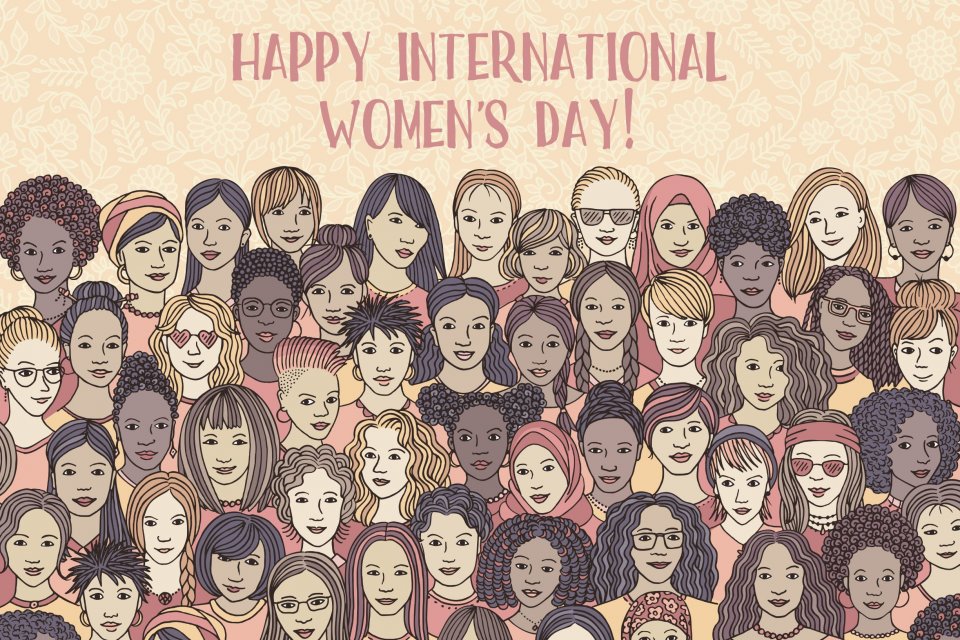
Why We Need Quotas For Men!
Yes, that is correct – we need quotas for men! I am weary of hearing the same questions on this topic for more than a decade.
“Should we have targets, or quotas?”
“Won’t quotas result in reverse discrimination against men?”
“Aren’t we risking not selecting people based on merit if we have quotas?”
“Aren’t most women themselves against quotas?”
When I first entered the workplace, I believed that if you worked hard and did the same job as your male colleagues, you would be subject to the same promotional and remuneration opportunities. Wow, did I learn very quickly in my first management role that that was not the case at all. I was a degree qualified accountant and worked in finance in a financial services business. A male colleague who joined our team about six months after I did was given a company car (I didn’t have one), and a starting salary 20% higher than my salary; and oh, another thing, he was only half way through his accounting degree which he was studying part-time.
I immediately asked our boss why he had a car and was being paid more than myself when he wasn’t qualified yet, and I was, to which he responded with: “He is getting married soon and will need to take care of a family.” At the time I was married with one child, but that didn’t seem to be as important in evaluating our remuneration. I responded that I would consider leaving if they didn’t give me a company car and a pay rise; fortunately, they responded positively but would have done nothing if I had not challenged the organisation. This was the year after the Sex Discrimination Act (1984) was introduced in Australia.

Over the years I have moved from believing that “merit is the best policy”, to encouraging organisations to set targets, but targets aren’t really measured, they are just aspirational; to I now totally support and believe in quotas for women. What gets measured gets done.
In a recent report on Gender Equality at Work by Conrad Liveris 2019, the number of ‘Peter’,’ Johns’ and ‘Davids’ in the CEO and Chair positions of the ASX200 is larger than the number of women in those roles. There are now 12 women leading ASX200 companies, and the number of women on ASX boards is 26.6%.
However women still hold 70% of support function roles such as HR and general counsel, while men hold 90% of business unit roles.
I have now expanded my thinking beyond quotas for women, to now being a firm believer in quotas for men – domestic and caring quotas! What has always been an obstacle for women had been their domestic and caring responsibilities. While Generation X men have increased their domestic participation, as have young Generation Y men, women still do more of the domestic and caring tasks. Baby Boomer men have never been expected to do much more than mow the lawns and be available for school functions and parent-teacher meetings; Generation X “babysit” their own children and “help around the house”, while some Generation Y men haven’t left home or the bosom of their Baby Boomer mothers yet!

When men are encouraged and supported by both society and organisations in being actively involved in caring and domestic duties, we will level the playing field, accepting that both men and women can be supportive partners and equally active parents. This will also remove the “mummy guilt” that working mothers live with every day!
Men and women need access to affordable, quality child care, shared domestics, flexibility and bias-free employers.
On the other hand what women need is:
- More access to job and promotional opportunities, with less systemic bias
- More genuine support
- More recognition
- More encouragement
- More male sponsors, rather than just mentors
- More respect
- And to be HEARD!

Women don’t need fixing, policies, processes and systems need fixing! Workplace culture needs to change, leadership models and styles needs to change and we need to increase diversity and inclusion. When men really start to campaign for flexibility and work-life balance, we will see real change!
In my book Leadership Revelations III How We Achieve the Gender Tipping Point, Jane Caro, author and social commentator, sums it up perfectly:
“Nothing will change until it becomes too uncomfortable for men to stay the same.”
@avrilhenry




